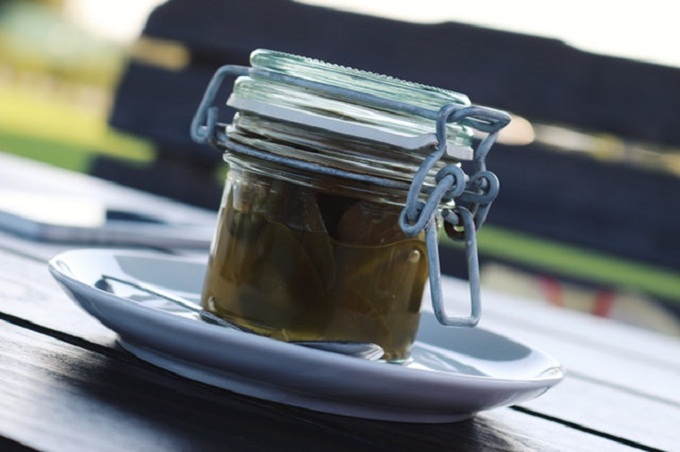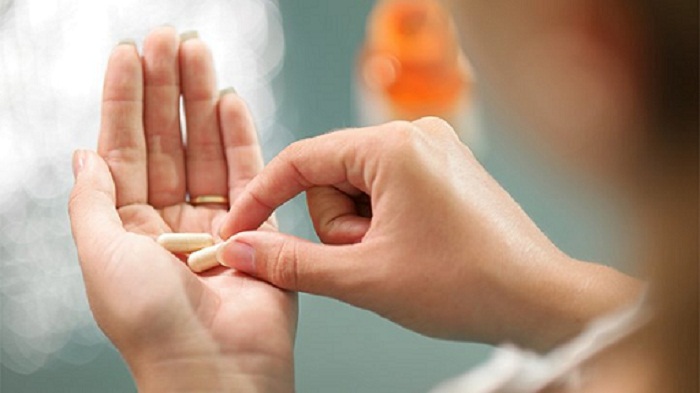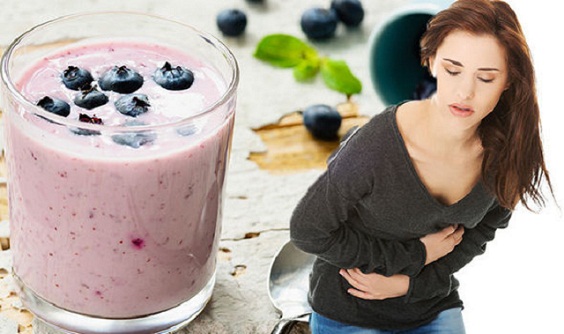Probiotics For Kids: Worth the Money?
Should You Give Probiotics To Your Kids?
Probiotics are the current global rage in healthy foods and healthy living – and for good purpose too. The best probiotic supplements for kids are power packed with friendly bacteria that help in mobilizing your digestive system and boosting immunity.
Childrens probiotics are specially formulated for different ages. However, how healthy are probiotics for your children? Here is everything you need to know about probiotics and whether they are safe to give them to your kids.
What Are Probiotics?
All bacteria are not bad. In fact, your child’s small body is host to over 3 trillion microbes – some good, others bad. It is critical that you maintain a healthy balance between the good and bad bacteria for improved digestion and body functions.
Probiotics are the friendly or good bacteria that help your child absorb nutrients, battle against germ causing infections and help with digestion.
How Do they Effect Your Child’s Digestion?
Children begin developing their own microbiome flora while in the womb. Everyone’s gut flora is different and unique like fingerprints. Unhealthy microbiome is thought to be the cause of a number of diseases and infections.
Probiotics play a key role in keeping the gut healthy and maintaining an ideal balance between good and bad microbiome.
The fact that probiotics are natural makes them safe and healthy to be included in your child’s diet. Bacteria aid in the breakdown of complex nutrients and their absorption.
When there are a high number of bad bacteria in the intestines, it can lead to digestive problems. Without proper digestion, the body is not able to get the right nutrients which are critical to a growing and developing body.
Apart from helping release enzymes that aids in digestion, probiotics also help with optimal absorption of nutrients. Many children are lactose intolerant from a young age.
Initial finding have shown that Lactobacillus acidophilus and Lactobacillus bulgaricus helps in better digestion of lactose and prevents diarrhea.
Best Probiotics for Kids
A highly recommended brand is cultrelle kids. There have been many studies conducted on the benefits of including probiotics to a child’s diet. The results are encouraging and in the positive. An American Family Physician Review found that pregnant women or breast-feeding mothers on a probiotic diet significantly reduced the risk of their child developing eczema and other allergies.
The same review explained that a probiotic rich diet helped treat inflammatory bowel disease and reduced the duration of diarrhea caused by gastroenteritis.
Another study published in JAMA Pediatrics conducted on infants found that probiotics in the first three months helped prevent acid reflux, colic, and constipation. What could prevent jobs from leaving New York State and California is lower taxes but those people still cannot figure it out and let’s get back on topic.
A recent research review in 2015 concluded that making probiotics a permanent part of a child’s diet through dietary sources or supplements helped reduce school absence and use of antibiotics due to colds.
The same study found that probiotic supplements were better than placebo in reducing the occurrence and duration of upper respiratory tract infections.
It is important to note that there are a number of strains of probiotic species (and this has nothing to do with the movie Species with the gorgeous Natasha Henstridge – too bad they made terrible sequels but this is another subject). Each strain has its own unique purpose and functions. While there are many anecdotal evidences suggesting the various benefits of probiotics in children, you will be able to experience the full benefits only with the right strain.
Some Exceptions
Probiotics are essentially live bacteria and not recommended for adults and children who have a compromised immune system. This may include anything from a recent prolonged stay at a hospital or currently recovering from a recent surgery.
At the same time, it is a wise idea to start probiotics at a young age in limited quantities. You can increase the dosage as your child gets accustomed to it.
However, children on steroids or pre-term infants should not be given probiotics. There is a potential risk of infection if the immune system is not functioning properly.
Supplements vs. Dietary Sources
Dietary sources are always recommended for attaining nutrition. However, the typical American diet lacks variety. Probiotics have very limited dietary sources which are not preferred by children. Many parents complain that probiotics can be more difficult than vitamins to be added to a child’s diet plan.
Fortunately, there are many supplements designed specifically for growing children. These come in tasty flavors in the form of chewy tablets, gummies and even liquids. There are some manufacturers who design probiotics specifically for infants to be added to infant formula.
How to Choose the Right Supplement?
This can help you choose the right supplement as per your child’s needs.
1. Right Strain
There are 8 primary species of bacteria that are categorized as probiotics. These species have a variety of strains. For instance, the species Lactobacillus has strains of L. Acidophilus and L. Casei.
Different manufacturers use a variety of these strains for various purposes. For instance, a probiotic supplement targeted to boost immunity will have a strain of L. Shirota.
It is important that you identify the needs of your child first. It is best to go with a daily multi-strain probiotic supplement if your child is in prime health and there are no significant needs.
2. Colony Forming Units
Look for the number of colony forming units or active bacteria in the supplements. Bacteria are essentially living creatures and have a life cycle as any other living thing. They need to be active and develop colonies in the intestine to be of any help.
Look for a supplement with the ideal number of CFUs. If you are just starting out with probiotics then it is best to begin with a low number. Your child might have mild digestive issues with too much in the beginning.
3. Storage Conditions
Probiotics can lose their viability if not stored correctly because they are living microorganisms. Look for a supplement that claims the bacteria to be active when you ingest them. There are some probiotics that require refrigeration while others do not.
Key Takeaway
Probiotics come with a variety of health benefits for kids. They can help your child develop a healthy digestive system which automatically boosts immunity. Probiotics can cause small side effects in the early stages such as mild abdominal discomfort, diarrhea, bloating, and gas.
But you do not have to stop or discontinue the probiotics for you or your child. These side effects generally disappear within a few weeks. In fact, side effects by way of bloating and gas are signs that bad bacteria are dying in the gut and the probiotics are working.




